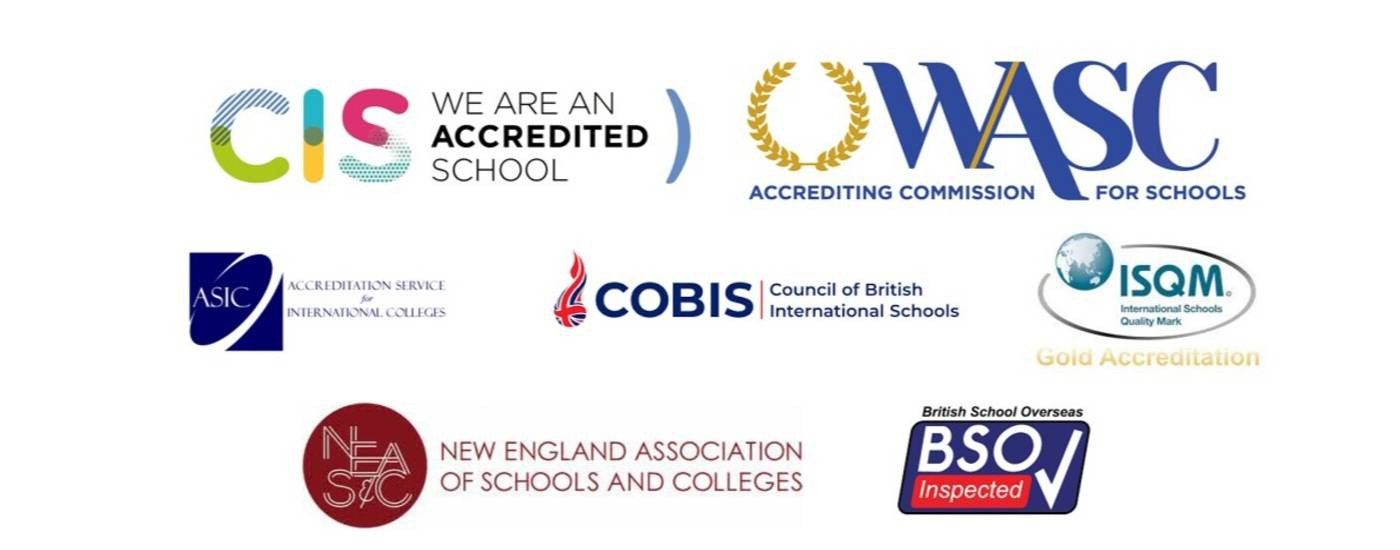- Home
- Dulwich Life
- Why Accreditation Matters

The recent Council of International Schools (CIS) accreditation that Dulwich College (Singapore) received is a significant achievement that speaks volumes about the quality of education and standards that the College offers. This accreditation is an important endorsement of not only our academic programmes and classroom teaching but also our policies, and practices, and is a critical indicator of our commitment to excellence in education.
As parents, we all want the best education for our children, but with so many accrediting bodies out there, it can be challenging to know which ones to pay attention to. Each accrediting body has its own set of standards, evaluation models, and foci, making it challenging for parents to know which ones to trust. This confusion is particularly acute for parents seeking an international education for their children, as there are many accrediting bodies out there that claim to offer quality assurance for international schools. Therefore, it is essential for parents to understand the differences between these accrediting bodies and to pay close attention to the ones that carry the most weight and credibility in the education world.
The CIS accreditation, in particular, is globally recognised as a benchmark for high-quality education. Its rigorous evaluation process and focus on international education make it a critical benchmark for high-quality education. CIS-Accredited schools have been verified as delivering high-quality international education focused on the development of knowledge, skills and attributes necessary to prepare students as global citizens.
One of the main differences between the CIS evaluation/accreditation model and the British inspection model (BSO Ofsted) for example is the scope of evaluation. While the British inspection model is primarily focused on compliance with specific regulatory requirements, the CIS evaluation model is an improvement focused approach to school improvement and examines the school's entire programme and policies as well as standards of teaching and learning across multiple curricula. CIS evaluation involves a rigorous self-evaluation process, followed by a thorough external evaluation conducted by a team of experienced educators from around the world. This approach develops a partnership between schools and CIS which drives school improvement.
Another important factor to consider is that the CIS accreditation process is designed specifically for international schools. The CIS standards are developed with an understanding of the unique challenges faced by international schools, such as the diverse needs of the student body, the importance of cultural awareness and understanding, and the need for a global perspective.
Our recent CIS accreditation is an exciting achievement that speaks to the high standards and quality of education at Dulwich College (Singapore). We look forward to working with them to further develop our College in the years to come.





